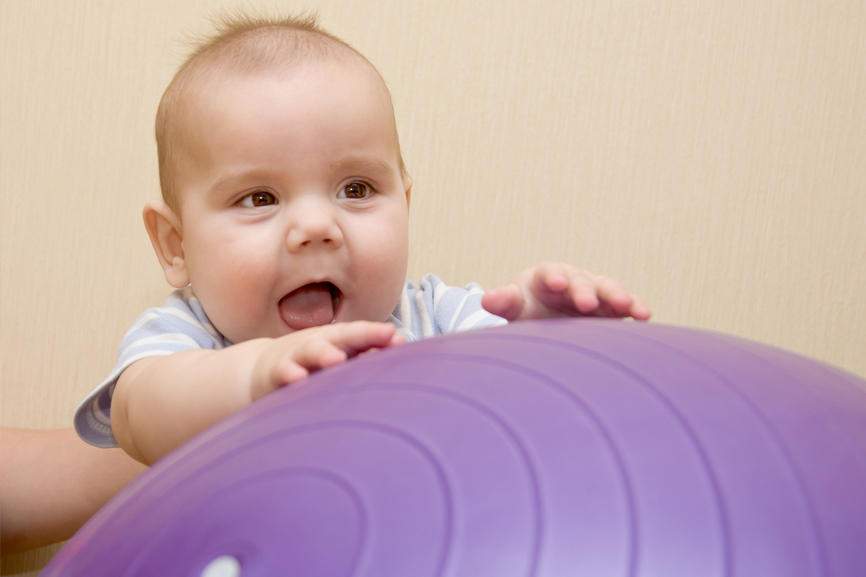
What babies normally do by when?
Babies and children develop physically and mentally in a typical pattern and can generally learn to perform certain skills within a typical age range. These are called developmental “milestones”. Milestones are signposts for when to expect babies and children to do new things. Babies and children who do not reach developmental milestones at the usual times may perform the skills a little later, or they may need additional help and support. It is important to focus on your baby’s progress rather than the age at which they meet certain developmental milestones.
Your baby’s healthcare team will follow their development and share their assessments with you so that together you can help your baby grow and develop. If you have concerns about your baby’s development you should discuss this with your baby’s healthcare team. Below are links to information about developmental milestones for typically developing full term infants. Remember to use your baby’s corrected gestational age when comparing your baby’s development to these general guidelines.
The age at which a baby is expected to meet a particular milestone is always given as a range because brain development is one aspect of meeting milestones, but so are experiences! For example, if two babies had equal brain development, but one baby never had the opportunity to grasp an object because they never were given that experience, then they will be reach that milestone later than the baby who was offered the experience earlier. On the other hand, a parent won’t be able to “make” a baby meet a milestone until he is ready. On the other hand, parents can provide opportunities that nurture their baby’s developmental progress.
We know that babies born prematurely have a different pattern of development that is due to their younger brain development and being in the hospital environment, which is very different from home. The vast majority of premature babies will develop just like full term babies, but in their own time. Some may need support through physiotherapy or occupational therapy to support their physical and mental development in order to reach their milestones.
Remember: The timing of milestones is not as important as continuing to make progress with developing movement, language, and problem-solving skills.


How premature babies develop
Premature and newborn brains are especially fragile because of how much development occurs in the third trimester of pregnancy and right after birth. This also makes the brain especially responsive to a developmentally-supportive environment. For babies who have had brain injury due to their preterm birth, the brain can adapt and develop to “rewire” around the injured areas. This is referred to as “brain plasticity” and is a unique characteristic of newborns that doesn’t happen with brain injuries of older children and adults. Because of brain plasticity, it is sometimes hard to predict how a baby will adapt to preterm brain injury. Importantly, it also means that caring parents and positive developmental experiences can play a very big role in recovery from brain injury or from the stress of being born early.
We know that babies born prematurely have a different pattern of development that is due to their younger brain development and being in the hospital environment, which is very different from home. The vast majority of premature babies will develop just like full term babies, but on their own time. Some may need support through physical or occupational therapy to support their physical and mental development in order to reach their milestones.
What to do if you are worried?
If you have concerns about your baby’s development be sure to discuss them as often as you need to with the healthcare professionals involved in your baby’s care, including your GP, health visitor, physiotherapist or neonatologist, or paediatrican.
